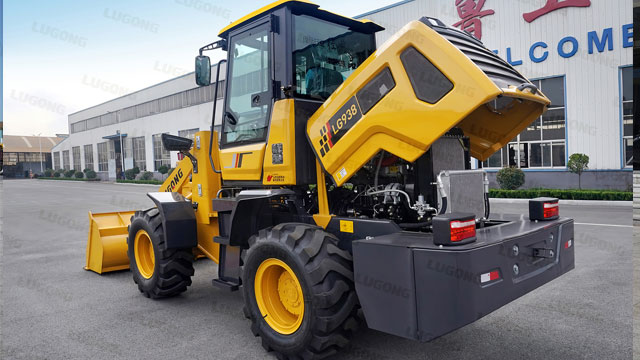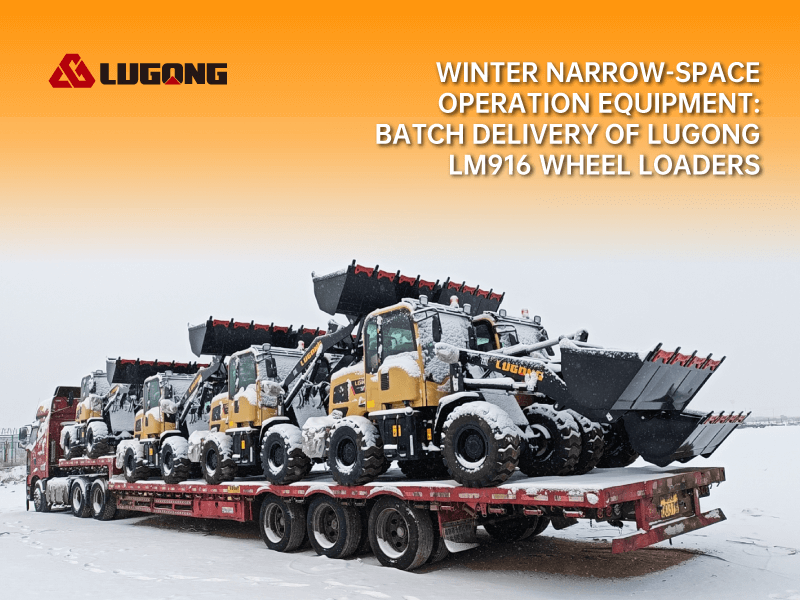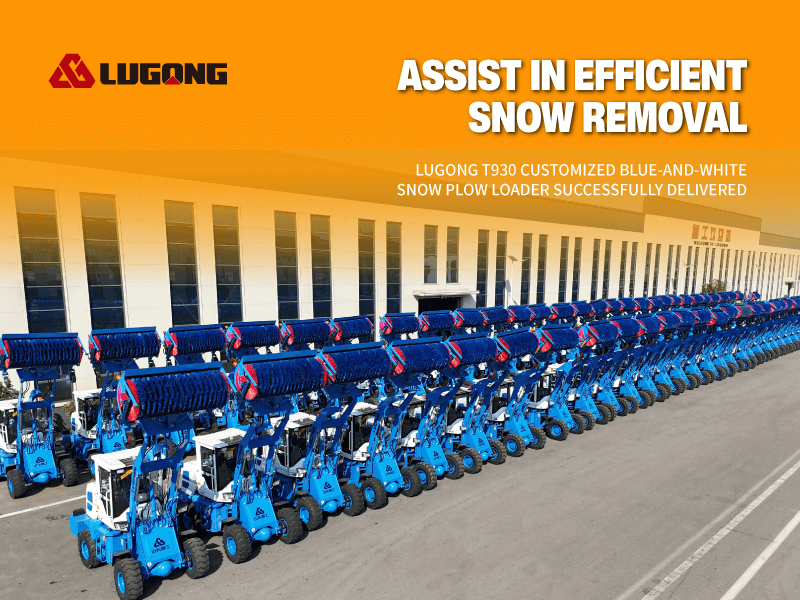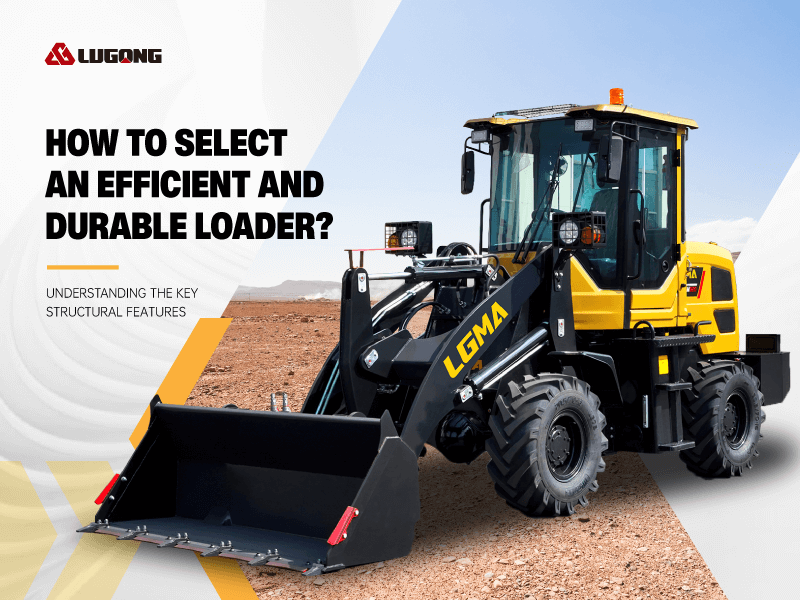What not to do with a front end wheel loader?
Precautions for operating Wheel Loader: When it comes to operating a front end wheel loader, there are certain things that should never be done to ensure safety and maintain the longevity of the equipment. Here are some crucial points to remember:

1. Overloading: One of the most common mistakes is overloading the front end wheel loader beyond its capacity. It is essential to know the maximum load capacity specified by the wheel loader manufacturer and never exceed it. Overloading can lead to wheel loader structural damage, instability, and accidents.
2. Improper maintenance: Neglecting regular maintenance can have severe consequences for the wheel loader’s performance and lifespan. Routine checks, including oil changes, filter replacements, and inspections, should never be overlooked. Ignoring maintenance can result in breakdowns, costly repairs, and even accidents.
3. Operating on unstable ground: Using a front end wheel loader on unstable or uneven terrain is extremely risky. The machine’s stability depends on solid ground, and operating on soft or unstable surfaces can lead to tipping or getting stuck. Always assess the ground conditions before operating the wheel loader.
4. Ignoring safety protocols: Safety should be a top priority when operating any heavy machinery. Not following safety protocols, such as wearing appropriate personal protective equipment, using seat belts, and securing the load properly, can result in accidents and injuries. Always adhere to safety guidelines and regulations.
5. Inadequate training: Operating a front end wheel loader without proper training is a recipe for disaster. It is essential to receive comprehensive training on the machine’s controls, functions, and safety procedures. Inexperienced operators can cause accidents, damage property, or even endanger lives.
6. Speeding and reckless driving: Wheel loaders are not designed for high-speed operation. Excessive speed can compromise the wheel loader’s stability, reduce control, and increase the risk of accidents. Always maintain a safe and controlled speed, especially when turning or working in confined spaces.
7. Neglecting communication: In a construction or industrial setting, communication is vital for a safe working environment. Failing to communicate with other workers, especially when maneuvering the wheel loader, can lead to collisions, injuries, or damage to property. Always use clear signals or radios to communicate effectively.
In conclusion, operating a front end wheel loader requires careful attention to safety, maintenance, and proper training. Avoid overloading, neglecting maintenance, operating on unstable ground, ignoring safety protocols, inadequate training, speeding, and neglecting communication. By following these guidelines, accidents can be minimized, and the wheel loader’s performance and lifespan can be maximized.


